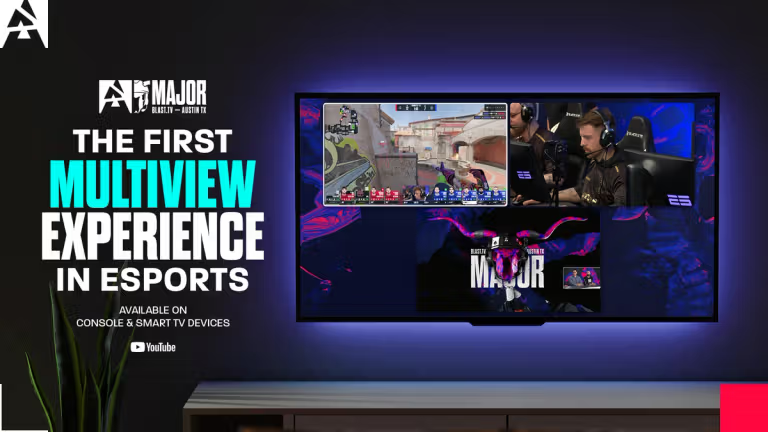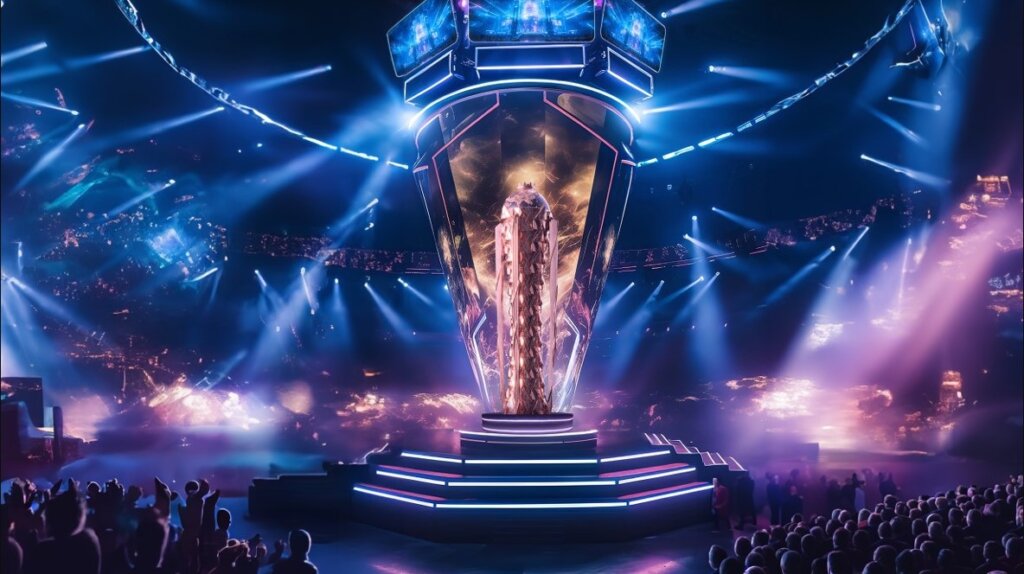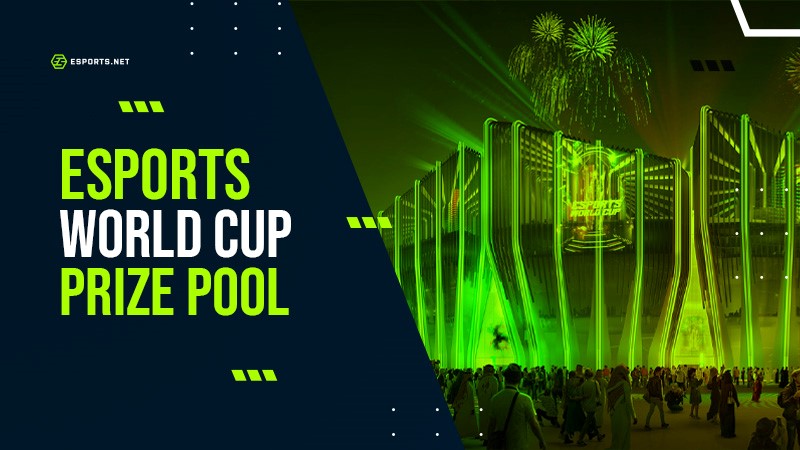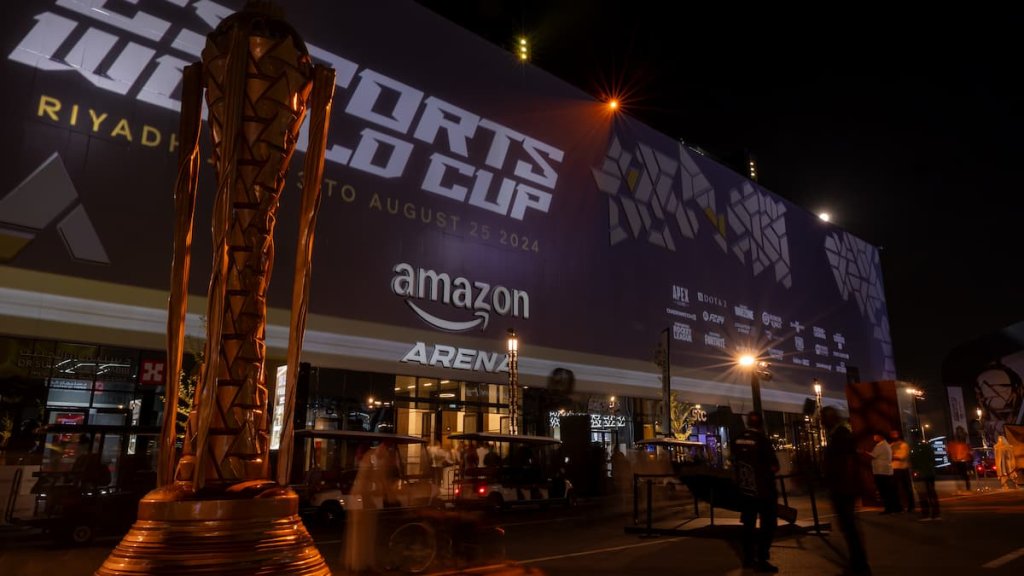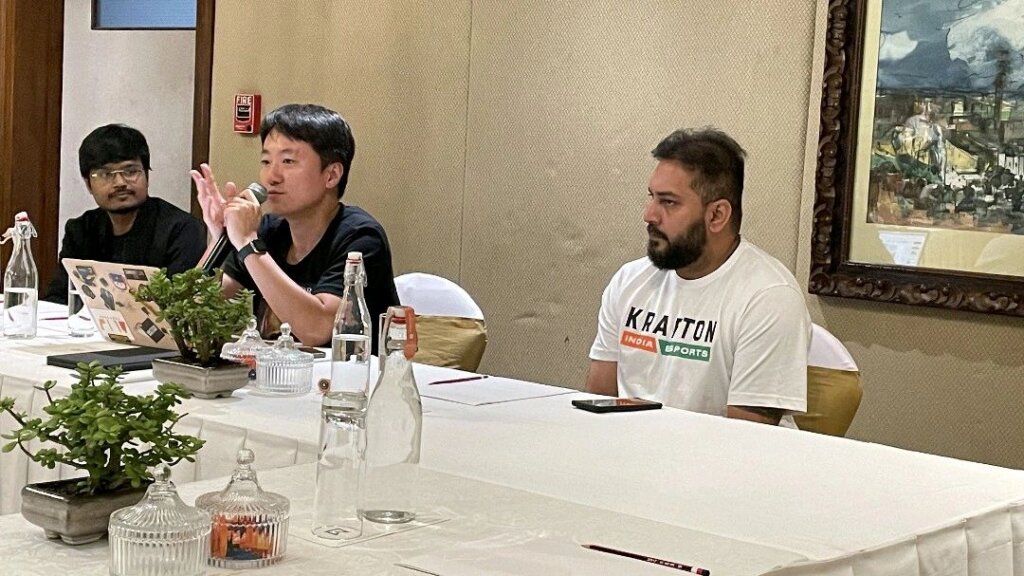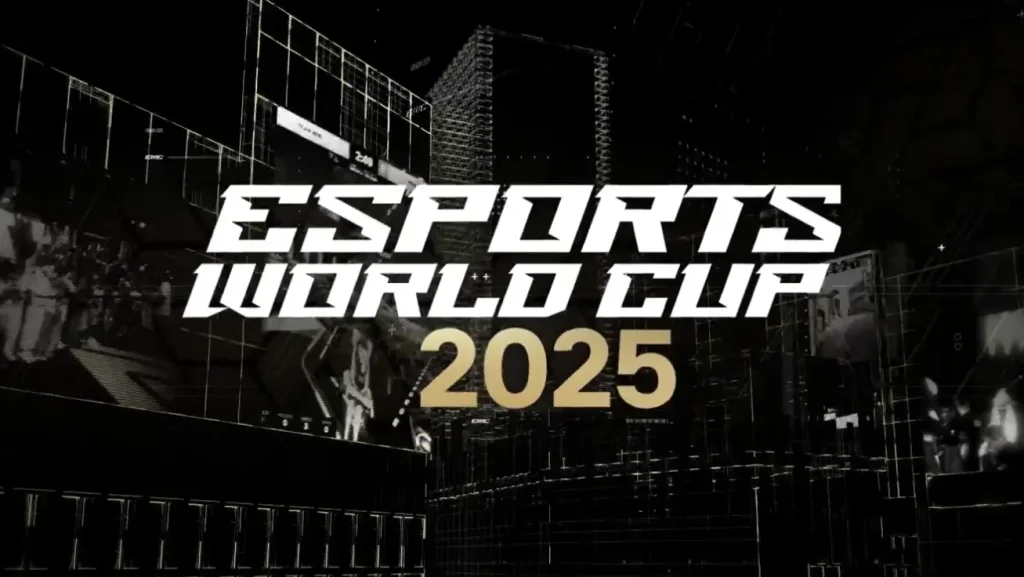
Fernando Diez: Leviatán is still not profitable, but it is, even so, an immense pride
Editor’s Note: This interview was originally conducted in Brazilian, and written by Pedro Brauner for our /br/ audience. Go to the following link to read the original.
We sat down with Fernando “F10” Diez, CEO, and founder of Leviatán. This relatively new organization reached the Top 8 in the last Valorant Champions with a team full of well-known names, which, according to the owner, will still reach much more.

Photo: Leandro Buglioni
Leviatán was one of the teams that grew the most in the last two years in the Latin American competitive scene. Formed initially from another company, Aftech, the Argentine organization reached the top of the world very quickly, competing, for example, in the American RMR of CS:GO this year and getting a slot in the new franchise system of Valorant starting next year, with LOUD, Furia, NRG, Sentinels, 100 Thieves, among other names.
In this interview, we asked the founder about some of the main points along this path, as a company and as a team, and his next steps to take Lev to everyone’s lips.
Leviatán, as a team, was quite successful this year, and it’s interesting considering that Lev is a very new team. What were the main factors that led to this success?
Fernando: I think the main factor is the human group and the resources we have in the organization. We have great professionals on the team, and their presence makes the unit more professional in itself so that we can achieve our goals in the best possible way.
Sometimes things turn out differently than expected, as happened, for example, with the fall against Incubus in the LoL regional, but that’s it. Being around talented people makes good things happen more often.
Pedro: How many people do you work with at Lev now?’
Fernando: There are currently 103 people, including players and business staff. We are several.
Pedro: I wanted to know a little about your opinion on Valorant, specifically on the franchise system.
Can you walk me through the preparation franchising? Did you ever felt nervous about the slots? I wanted to know how it all went for you, as an owner, and for Leviatán as a team.
Fernando: The process was long and intense because they had to choose the right partners, being such an important league. They ask for a thousand requirements on a thousand different occasions, but still, with all that intensity, I think we did a great job. We were able to comply with all the areas they asked for, from the community, finance, ownership table, and sports. I think we had great presentations, good preliminary material, and face-to-face interviews with big names inside Riot, where we managed to develop well, so I always had a lot of faith in our work.
There was nervousness because, being a new team, maybe we didn’t have a fanbase of giant teams competing with us, like, for example, Faze Clan, so it was a matter of going ahead and killing it! But I think we achieved that. We presented excellent plans, but after that, it was up to them (Riot).
We’ve always had faith that we don’t keep anything to ourselves. So, of course, the nervousness was there, but understanding that we had given everything we could, I knew that if they didn’t choose us, it wasn’t because something was missing but because they wanted something different. It was challenging. It involved many months of work. But when they told us we were in, it was an immense joy. I think this type of league will be great for the current ecosystem.
Pedro: I imagine the supermarkets run out of champagne.
Fernando: Hahaha, yes. We made a beautiful toast and lunch with the top leadership of Lev. This industry doesn’t give you time to party too much. The next day it is already necessary to prepare for the following challenges. We talked about this a few days ago: now that we are two years old, we rarely have time to breathe or stop and celebrate. Despite everything we’ve done and the successes achieved, we’re always trying to go further and thinking about the next steps.
Pedro: After the “we’re in,” did any significant organizational changes happen in the team?
How did Leviathan change upon joining the VCT?
Fernando: We’ve changed. We had expansion plans to the United States, but much further ahead, in the long term, and as things turned out, we had to hire specialized people who could be working there. We had to look for a place to live, a physical trainer, and a nutritionist, so we had to go through many processes, but for that, we were prepared when we made our plan.
But yeah, obviously, there have been changes with new people, resources, and ways of communicating our stuff in America. So many changes, but for them, we were very well prepared—mainly structural changes in all of our disciplines and all other parts of the organization.
Pedro: I wanted to know a little more about the Valorant team. The process of signing several players and the coaching staff that used to be at KRÜ. How did you arrive at these names?
How did you decide “yes, this is the way to go,” which led to your impressive success in the Champions League a few weeks ago? I wanted you to tell me a little bit about that.
Fernando: When Australs dissolved, we took it in stride to absorb the entire project. It was an essential first step, but when Onur left KRÜ, and the deal with LOUD fell through, we saw the opportunity. He was a guy who, at that moment, finished fourth in the world’s, whom I had known since his career in League and, on top of that, had excellent references betting on him and for his work methodology. That’s why we realized that he was the key player.
At that moment, we talked to him so that he could take over as General Coach, to work with all our disciplines, but since the coach who was with us at that time decided not to continue, we concluded that he was the right person. So we spoke with Onur, and we had a very quick meeting. When I hire a coach, I give the master key to the project.
The person who must choose the pieces and the work methodology is him. We don’t get too involved in sports, the players, and such when we have a coach. We always gave him the freedom to make the changes he thought were best and viable for us. Of course, if he asked to buy a player for five million dollars, we wouldn’t have the capacity to do something like that, but, anyway, we made considerable investments, for example, bringing Nozwer from Furia to have the squad that he wanted. Onur wanted for the next championships.
Pedro: I wanted to touch on the subject of Leviathan Academy. Lev is one of the first South American teams to have such a project, and so far, it has been going very well. Shyy, for example, was promoted straight from the Academy.
How did the process of opening the Academy work, and what are the expected results?
Fernando: We believe preparing young people to be future professionals is essential. There will always be players who are spectacular mechanically but to be a professional, that’s not enough. So we have always been interested in training young people, which is why we have opened the three Academys — CS, Valorant, and Freefire — and the idea is that these players will play for us in the future. Also, seeing the business part, lending or selling players will be crucial very soon.
We strongly believe in Academy because we look for very skilled and very young people. We’re very proud of the results we’ve had so far, and we want these kids, who are 13 or 14 today, when they get to the age to compete for real, to be some of the best in the world. Therefore, we will continue to bet on them and open other Academys. We have plans to open a Valorant for the LAN region, for example, and thus continue to develop future talent.
Pedro: Not in Brazil yet?
In the short term, we will not land in Brazil yet. We planned to start competing in Brazil in the next two years, and then we would create Academys there. But for now, our focus is on being THE Latin American team.
Pedro: Speaking of you as an entrepreneur: You already owned Aftech, a successful technology company in the local context.
Why the step towards esports? What was the “click” to start investing in esports?
Fernando: I’ve been a gamer since I was born, and I’ve always really enjoyed the competitive aspect of it. In 2008, for example, I competed in PES. I always wanted to have a team, but due to life, work, and company issues, I didn’t have the time to really start the project. However, it was something that was always there somewhere in my head. So when the pandemic started and everything stopped, I went back to playing a lot, Warzone. So, instead of just playing for fun, I looked for a way to channel that energy into something more productive, and I made the decision to start idealizing the team.
In your opinion, what are the most significant difficulties when investing in esports in Latin America?
There are many, but two are the main ones. The first is the lack of economic support from companies. I think that in Latin America, for political and economic reasons, it is not so simple for companies to invest the necessary money to maintain high-yield structures. We aspire to be the sport’s leaders, which comes at a very high cost both in the beginning and on a personal level. So getting money from sponsors is complex.
On the other hand, another big problem is that there is a lack of qualified professionals. There need to be more specialists, such as esports physiotherapists, esports lawyers, etc. Therefore, getting the right people for all posts is also tricky. However, I am currently very proud of the working group we have created.
How long did it take for Leviathan, which already started with the support of a large company, Aftech, to become profitable in your context?
Today, Leviatán is not profitable. It continues to have private support; we don’t have a surplus. Our plan aimed to reach the economic break-even point in year three, and we are close to achieving that goal already next year, or even a little earlier, but today, Lev is still not profitable.
Pedro: How does it feel to be part of the first generation of great Valorant teams in South America? Like it or not, Valorant is a very new game, and now with you in the franchise, you’ve already made history.
Fernando: It is an incredible pride to see how everything has been resolved. I still think we could have done a little bit more. We could have beaten LOUD in the Champions League, but it’s charming to see the path we’ve come through, and it’s a huge responsibility. Don’t let everything be “we’ve done it,” but also “let’s do it.” It is important not to live in the past, in what has already been done, and to show that we want more every day. I hope this is clear to everyone who sees it from the outside, with the signings we’ve made and with all our plans. All this is just the beginning.

Source: @LeviatanGG
Concerning other games, what is the process for opening investment to other teams, such as Rocket League, CS, or League? What is the method for deciding “yes here” or “not here”?
Fernando: We looked at many variables such as community, game developer, etc. We study many points to see if it really is a game where we should be. So, if there are good championships, there is an interesting community, and we have the potential to be top in the region — because, for me, joining a game is fighting for all the important championships —we make a decision. If all the stars align, chances are we join. There are also cases of developers like Riot, for example, that I will follow wherever they go. I know that when Valorant Mobile comes out, I’ll invest in something, even if it doesn’t work in the long term, because I know that Riot organizes championships, gives the teams a clear agenda, and supports new games. They invite you to invest from day 0 as we did with Wild Rift or Valorant. Each game has different variables. It all depends on the specific case.
Lastly, what are your plans for next year? And an exclusive for us at Esports.net, at your own risk.
We plan to continue growing. Although we now clearly focus on Valorant in Los Angeles, we will also compete in LVP (LoL) in Mexico. It is also very likely that we will open an important CS team in Argentina. Finally, an exclusive for you is that, most likely, we will soon open a Gaming House in a Latin American country where today we still don’t have a presence for the Valorant women’s team.
Read next: Key players missing from Valorant's franchising list
